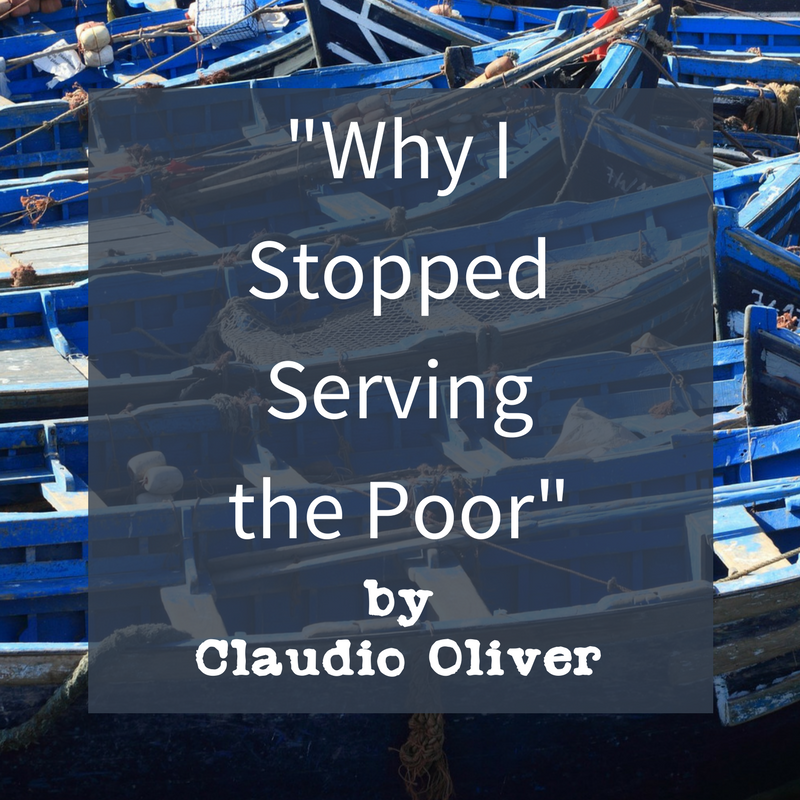 In Tish Warren’s article Who’s In Charge of the Christian Blogosphere, she suggests that the Christian blogosphere needs an authority check with the church, questioning the authority and accountability behind Christian bloggers' words and worldviews on the World Wide Web. She says the church “has a responsibility to provide formal support and accountability to teachers, leaders, and writers,” and calls our current situation a “crisis of authority.” Her words invoked emotions within me, largely because the "support" piece was barely touched on. As I began weaving my thoughts together, the questions her article aroused in me were, 'What is writing?' and 'Where is its place in Christendom?' While she was asking more about bloggers with a large following, I want to try to answer these more general questions. As an un-famous published author, blogger, and soul searcher, I suggest that writing is an art, a calling, a ministry, and an extension of the church. As Art. Writing is an art. It takes technique but sometimes I purposely ignore it. Words are the paint and paper the canvas. Writing skills were given to me at birth, but I had to learn to refine them through mentors, through viewers, through testers and seekers, through friends, through enemies, through life. Sometimes I try a word out and it just doesn’t look right, doesn’t feel right. So I paint over it with another word, another color, another concept until what is inside of me mirrors what is on the page as best as it can. I don’t fully know what I think until I begin to blurt out words, form phrases, weave sentences together. Writing is an art that brings me to life. Writing is not just a part of me, it is me. Writing can snap me out of boredom, wake me in the middle of the night, ignite a fire within my bones, and help me fight the battles I engage in. As a Calling to the Scribe. The word ‘calling’ in the Christian space has an ominous cloud over it. It’s used for all sorts of ideas people have: feeling called to this ministry, to that country, to marry this person, to go on a sabbatical, to stay in an exploitative situation, to manipulate others. Calling can be terrible or terrific depending on your own experiences and your view of how God informs you of your calling. I used to say my husband Andrew and I were called to Mexico to serve as missionaries. Now I’m not so sure. Was it a divine calling or a human decision? Could one argue that we were called to live on the poverty line when we returned from Mexico? Is a calling only the positive things that happen in life? These are questions I may never know the answers to. (Yup, I just ended that sentence with a preposition because I’m an artist.) Certainly, one thing I’ve never doubted is my call to write. I’ve been composing sentences together before I could physically write them down. I’ve been a writer as long as I’ve been a Christian, which is why the “calling” I have on my life has always gone hand-in-hand with my faith. If I don’t understand God, I write about it. If I don’t understand the Bible, I write about it. If I don’t understand how God and the Bible and the gospel can influence my current situation, I write about it. And when I write, I hear differently I see with a new perspective I understand more fully I connect with my world – physical and spiritual I become more alive. This is the calling of the scribe. When we scribes have a fire shut up in our bones, we write about it. We cannot hold it in. We paint the canvas whether anyone will like it or not. Whether it’ll make us famous or not. Whether we want to or not. We paint because we were born to, not because we want authority, not because we want to determine true Christian orthodoxy. We paint because we want to express the complexities and simplicities of our relationship with our Creator and our relationship with the created world. We paint in order to know ourselves better and in order to connect with others who feel moved by our canvas. As Ministry. Those viewers who feel inspired, encouraged, and challenged by our work help us give meaning to what we do. “You give words to things we feel but cannot express,” my friend Nathalia told me recently. “You help us understand more fully how we feel about something.” In a world where words are a dime a dozen, to know your words gave someone a taste of abundance – whether spiritual, intellectual, or emotional abundance to express what she did not know she needed to – is nothing shy of a miracle. “Writing is your ministry,” my friend Lesa recently told me. Maybe it’s because I don’t get invites to the church’s writers luncheon. Maybe it’s because no church has ever affirmed this or given words to it in my life. Maybe it’s because typically, church leadership doesn’t have a space at the table for the writers in their congregation. Maybe it’s because writing sometimes gets me in trouble with Christians in power – but when Lesa spoke those words, something connected within me that has been yearning to adhere my whole life, like a bone being placed back into its joint. Tears sprung out of the wellspring in my heart. Writing heals. Writing battles against powers and principalities – there are times I feel attacked spiritually because of what I am about to write or what I have written. Writing can lead us to green pastures, to battlegrounds, to the alter of confession, to the confrontation of a friend’s wounds, to silence with our Maker. Writing catches breath itself and makes it visible to the human eye. As an Extension of the Church. Warren asks, “What is needed to respond to this current crisis of authority in the church, particularly among women?” Unfortunately, instead of seeing bloggers as partners with the Church to be the Bride of Christ, Warren is calling for them to find a place within the hierarchy of the organization. How many Christian blog readers cannot, do not, or will not attend church? How many would continue to read the beautiful artwork of a life impressed by Christ if that art was suppressed or censored – the unfortunate but all-too-common effect of Christian hierarchy? Writers in this age of blogging have the ability to reach the unchurched in ways no church leader can. That is the beauty of artistic expression as a piece of the body of Christ the church building can never be. In Warren’s experience, church governance has seemed to serve her well. In many cases, it doesn’t serve the woman, the writer, the marginalized, the nonconformist well. Not everyone has a “large, international, historically grounded body” that prays, supports, and holds them accountable. But that doesn’t mean they aren’t being held accountable. Accountability comes in many forms – mostly through iron-sharpening friends that tell us when our paint strokes are out of line. But those same friends console us, encourage us, tell us to keep writing when the haters get us down. No blogger is immune to the dehumanizing comments that nearly always come, the ousting by church officials, the reprimand by those who disagree, the feeling that we nearly have to sell our souls to speak our souls. Accountability cannot happen without right relationship. So let’s start there. If churches can begin to see bloggers as partners in the work of the gospel and befriend them, then local church accountability will carve its way into the blogosphere like a tributary forming from an overflowing river. Until partnership forms between local churches and artists (such as musicians, painters, dancers, artisans, actors), we writers will find ways around the roadblocks of the church to reach those who connect to God through painted words and notebook canvases. The calling of the scribe won’t wait until we find the untouchable publisher, until we carve out the writing positions in our churches, or until we shake hands with the man in the know that can get us the platform we all lust after. Because the call of the scribe is to make visible the breath of God wherever we are on whatever canvas is propped up in front of us – whether we have a big platform or a tiny one, whether we write books or lyrics or blogs. And another sure call of the Christian is to discern every piece of artwork and filter it through the narrative the Creator Artist has painted in His Word.
0 Comments
Leave a Reply. |
Gena's
|

 RSS Feed
RSS Feed

